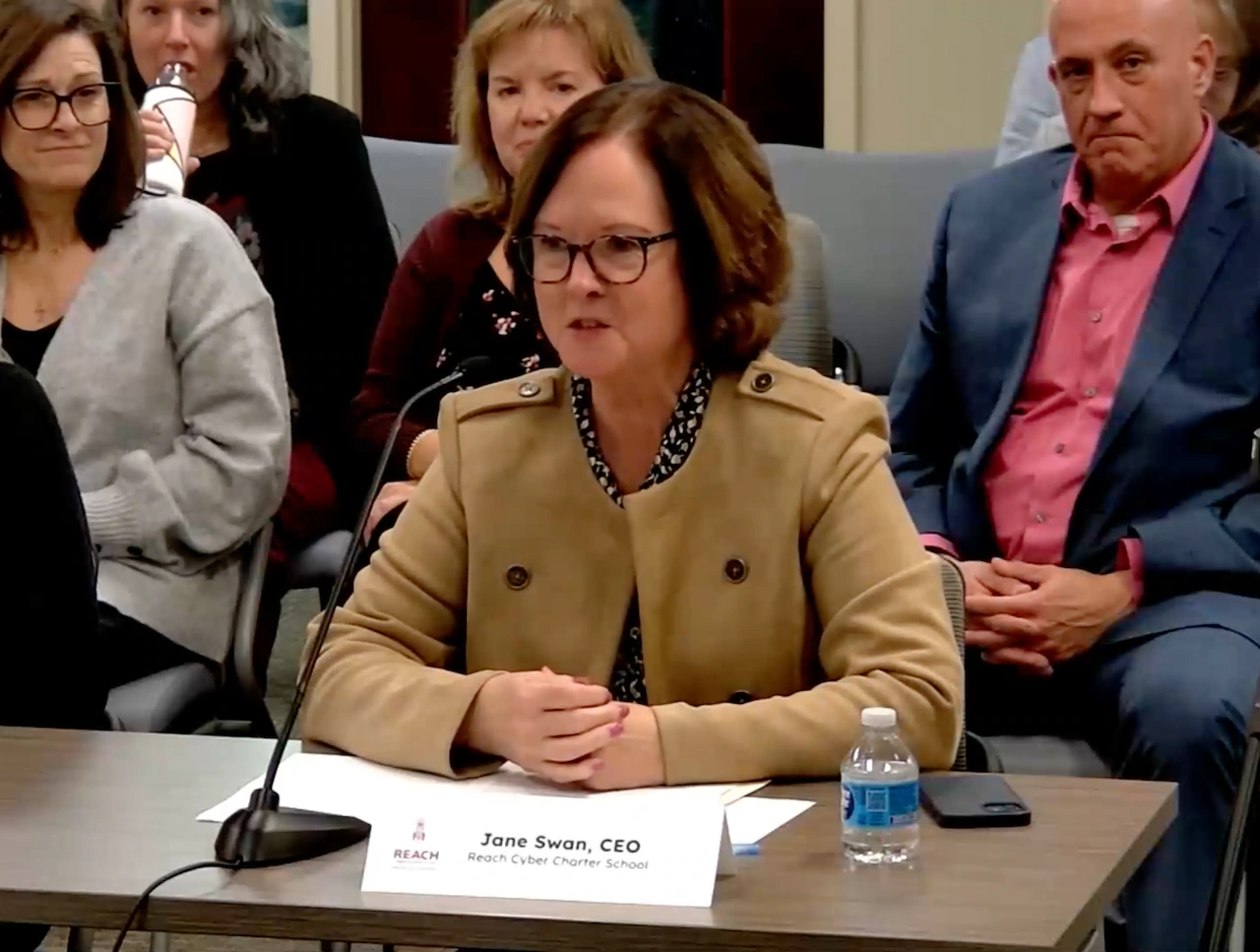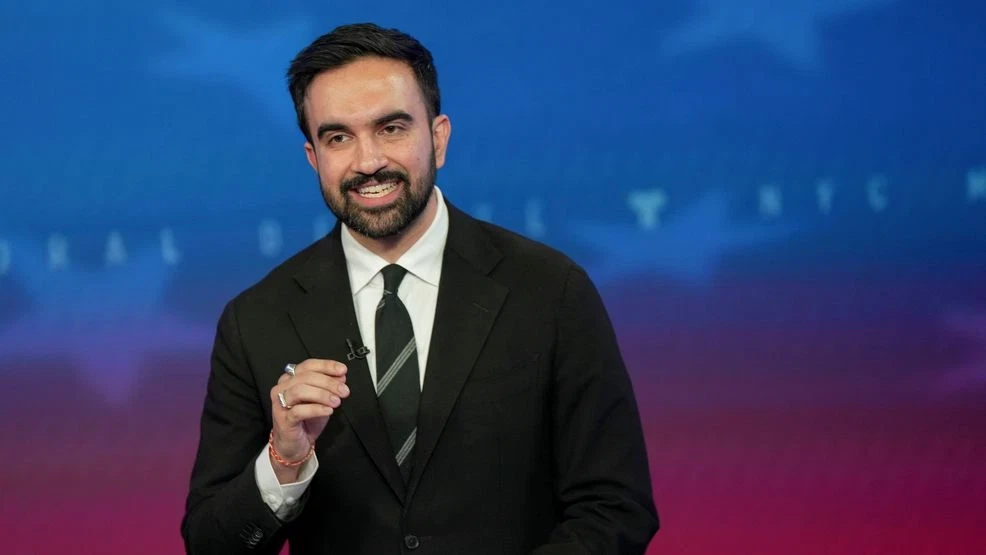Copyright Mechanicsburg Patriot News

Pennsylvania cyber school leaders say a cut of $178 million in funding, which passed the House on Wednesday and is expected to be passed by the Senate and signed by Gov. Shapiro as soon as Wednesday evening, will result in widespread job losses and could cause some schools to close. The cuts appear to be part of the political horse-trading that may finally lead to a budget deal after months of stalled negotiations. The cuts would be one of the largest concessions from state Republicans, who have largely supported cyber charter schools. Some Democrats, meanwhile, are speaking out against a proposed effort to remove Pennsylvania from a regional cap and trade market meant to help the state reduce climate-warming emissions. Leaders at 10 small and medium-sized cyber schools sent a statement to Pennsylvania lawmakers Tuesday, urging them to make changes to the budget deal. The cyber leaders say the funding cuts could be as high as $275 million and lead to as many as 2,000 layoffs. “We expect that two of the 14 public cyber charter schools currently operating in Pennsylvania will be forced to close within one year. Within two years, an additional five public cyber charter schools will most likely be forced to close,” the statement reads. A spokesperson for the Department of Education didn’t immediately respond to questions about the proposed cuts. Meanwhile, some education officials and cyber critics are hailing the proposed changes, saying it will return money that was being wasted in cyber schools to traditional districts without enough funding. Those officials say cyber schools were saving hundreds of millions of dollars in rainy day funds and spending hundreds of millions more on buildings that were excessive for cyber schools. Local school district leaders said it had become difficult to meet their yearly budgets, with an increasing amount of their funding going to paying cyber charter school tuition. PennLive analyzed some of the claims made by cyber school advocates and critics about their funding and found many claims on both sides to be somewhat misleading. And, as part of PennLive’s ongoing series about Commonwealth Charter Academy [CCA] — Pennsylvania’s largest cyber charter school — PennLive found that one of the biggest reasons for the loss in traditional school funding has been the increasing number of students who are enrolling in CCA. The proposed budget doesn’t appear to address that issue, as the budget deal doesn’t include an enrollment cap for cyber charter schools such as CCA. CCA faced criticism from Pennsylvania’s Auditor General in February for spending $100 million on school buildings despite being a cyber school. CCA’s board, which held its monthly meeting on Wednesday morning, didn’t address the proposed funding cuts during its meeting, and a spokesperson for CCA didn’t immediately respond to a request for comment about the proposed cuts. The proposed budget deal includes some additional regulations on cyber charter schools, such as truancy evasion, residency verification, attendance requirements and wellness checks. These changes would: Require a judge to decide whether students who are struggling with truancy are able to attend a cyber school. Require cyber charter schools to submit weekly benchmarks for students who don’t attend live classes, so that student attendance would be based on meeting those benchmarks rather than signing in and completing work on a more flexible schedule. Require students to verify their residency twice per year, in November and March, to ensure the student still lives in Pennsylvania and that the correct school district is being billed. Give the Department of Education the ability to decide whether cyber schools are complying with Pennsylvania’s “wellness check” policy that requires students to be seen on screen or in-person once per week–and allows them to require additional sanctions for schools that don’t apply. The cyber school leaders say they support some of these policies in principle but disagree with some of the specifics of how lawmakers have proposed addressing them. The school leaders who signed the letter are from these 10 schools: PA Virtual Charter School, Achievement House Cyber Charter School, Central PA Digital Learning Foundation, Esperanza Cyber Charter School, Insight PA Cyber Charter School, Reach Cyber Charter School, PA Distance Learning Charter School, Pennsylvania Leadership Charter School, Agora Cyber Charter School and 21st Century Cyber Charter School.



